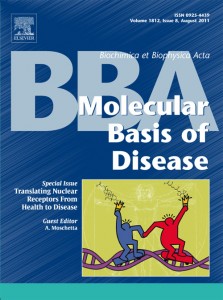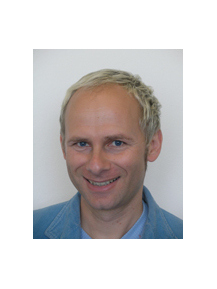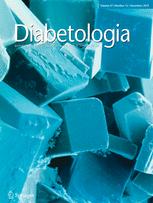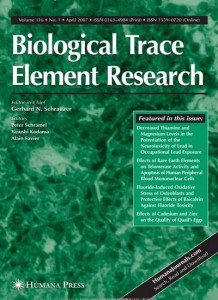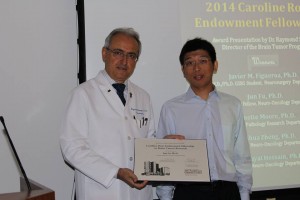 The journal Chemical Science has issued an expression of concern over a 2012 article by a pair of Texas researchers whose “unclick reaction” work has been under scrutiny by their institution.
The journal Chemical Science has issued an expression of concern over a 2012 article by a pair of Texas researchers whose “unclick reaction” work has been under scrutiny by their institution.
The article, “Homonuclear bond activation using a stable N,N-diamidocarbene,” was written by Kelly M. Wiggins and Christopher W. Bielawski, of UT Austin. It’s the second EoC that we know of for a paper by Wiggins and Bielawski. We covered a previous one, from Science, that appeared in June.
Here’s the notice (pdf): Continue reading Second expression of concern appears for chemistry group under institutional review
